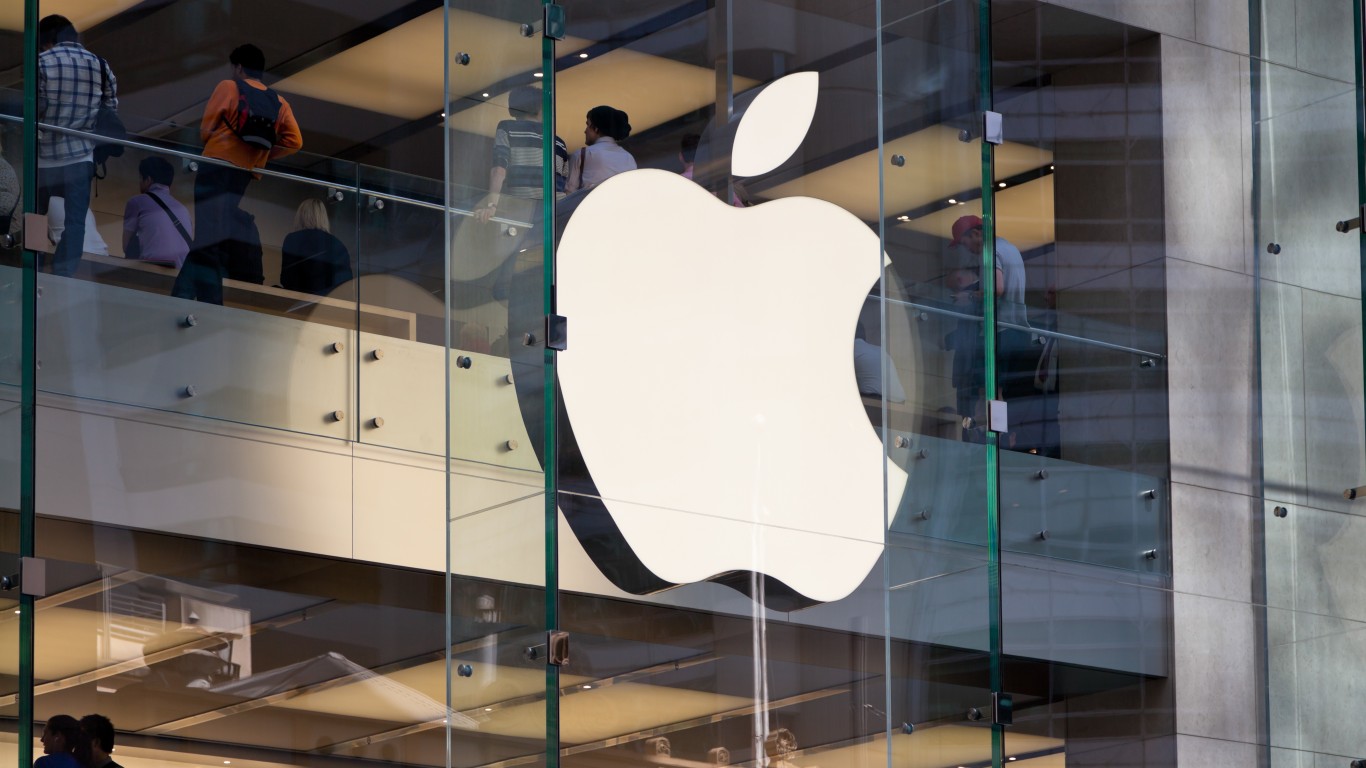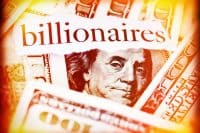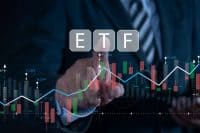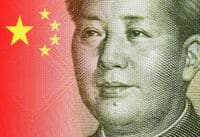

Apple’s trillion-dollar valuation has been largely financed on the backs of its suppliers, says Harvard’s Mihir Desei. Less well-managed companies imitate Apple at their peril.
From “Why Apple Is the Future of Capitalism” in Tuesday’s New York Times.
Apple’s financial model emphasizes cash flow over profits. Apple is not simply immensely profitable; in 2017, it generated $16 billion more in operating cash flow than profits. It does that in part by running its day-to-day operations in a distinctive way. Typically, a company has to use external funds to fund the process of stocking goods and collecting revenue from customers.
Apple’s model turns this upside down. Its retail stores collect cash from customers quickly, it is ruthless on keeping inventory low, and it takes forever to pay suppliers. In the process, Apple’s operations are extremely effective cash generators. This is no coincidence. It is the result of the canny supply chain that Tim Cook built. In effect, Apple has largely been financed on the backs of its suppliers, who are willing to hold their inventory and wait more than 100 days to get paid, just for the pleasure of doing business with Apple…
Apple is the epitome of an “asset light” company: It owns very few hard assets and therefore needs almost zero outside capital to run its business. As of mid-2018, Apple has $105 billion of operating assets and $120 billion of operating liabilities. What does that mean? Miraculously, its operations rely on no capital from outside financiers.
How does one achieve this apotheosis of the asset-light strategy? First, create a supply chain in Asia run by companies willing to invest in low-return projects that create your products. Second, hold those suppliers under your thumb. Idolizing asset-light strategies, however, can also lead to underinvestment, an excessive reliance on outsourcing and the artificial division of companies to avoid hard assets…
The financial archetype defined by Apple — asset-light strategy, leveraged share buybacks and cash flow above all — is a high-wire act. Boards should guard against the temptation to follow Apple’s path blindly.
My take: Desei nails it, although with more sympathy for the supply chain than we’re used to seeing. He’s something of a character at Harvard Business School. Paul Solman profiled him for the PBS NewsHour last year, borrowing heavily from Hollywood and the BBC. Lots of fun:
[youtube=https://www.youtube.com/watch?v=gblX4Pzf3WU&w=840&h=503]

Thank you for reading! Have some feedback for us?
Contact the 24/7 Wall St. editorial team.



